What Are Some Ethical Issues In Business

Ethical lapses in business are not just headlines; they are a persistent drain on trust and a significant economic risk. From misleading advertising to environmental negligence, the consequences of unethical behavior ripple through industries and impact consumers globally.
This article cuts through the noise to highlight critical ethical issues plaguing modern business, exploring how these challenges manifest and what stakeholders must do to demand accountability.
Corporate Governance and Transparency
Corporate governance, the system by which companies are directed and controlled, is often the first line of defense against ethical breaches.
Yet, failures in governance can lead to significant scandals, such as the 2001 Enron collapse, where executives hid massive debts, costing investors billions and shattering public confidence.
A lack of transparency, concealing crucial financial information, remains a major concern, as evidenced by the Panama Papers revelations, exposing offshore accounts used for tax evasion and other illicit activities.
Data Privacy and Security
In the digital age, data is a powerful commodity, and its ethical handling is paramount. The Cambridge Analytica scandal demonstrated the potential for misuse of personal data, raising serious questions about consent and manipulation.
Data breaches, like the 2013 Yahoo hack affecting 3 billion accounts, illustrate the severe consequences of inadequate security measures and the risk to individuals' privacy.
The European Union's GDPR (General Data Protection Regulation) has set a global precedent for stricter data protection laws, yet enforcement remains a challenge.
Environmental Responsibility
Businesses face mounting pressure to minimize their environmental impact and embrace sustainable practices.
Environmental disasters, such as the BP Deepwater Horizon oil spill in 2010, highlight the devastating consequences of negligence and inadequate safety protocols.
“Greenwashing,” or falsely marketing products as environmentally friendly, deceives consumers and undermines genuine efforts toward sustainability; this deceptive practice needs more aggressive regulation.
Fair Labor Practices
Ethical labor practices are fundamental to a just and equitable business environment.
Exploitation of workers, particularly in supply chains, remains a persistent problem, with reports of sweatshop conditions and child labor surfacing regularly in the fashion and electronics industries. (ILO data)
Wage inequality continues to widen, with executives earning significantly more than their average employees, raising concerns about fairness and social responsibility. Recent studies show that CEO pay has increased 940% since 1978, while typical worker pay has risen only 12% during the same period. (Economic Policy Institute)
Conflicts of Interest
A conflict of interest arises when an individual's personal interests clash with their professional responsibilities.
Insider trading, where individuals use confidential information for personal gain, undermines market integrity and erodes investor trust.
Kickbacks and bribery, common in some industries, distort fair competition and fuel corruption. The Foreign Corrupt Practices Act (FCPA) in the US and similar laws in other countries aim to combat this, but enforcement is difficult.
Looking Ahead
Addressing these ethical challenges requires a multi-pronged approach. Stronger regulations, increased corporate accountability, and a heightened awareness among consumers are crucial.
Companies must prioritize ethical conduct, fostering a culture of integrity and transparency. Whistleblower protection is vital to encourage reporting of wrongdoing.
The push for ESG (Environmental, Social, and Governance) investing signals a growing demand for businesses to operate responsibly, creating both ethical and economic value. Ongoing scrutiny and proactive measures are essential to prevent future ethical crises.
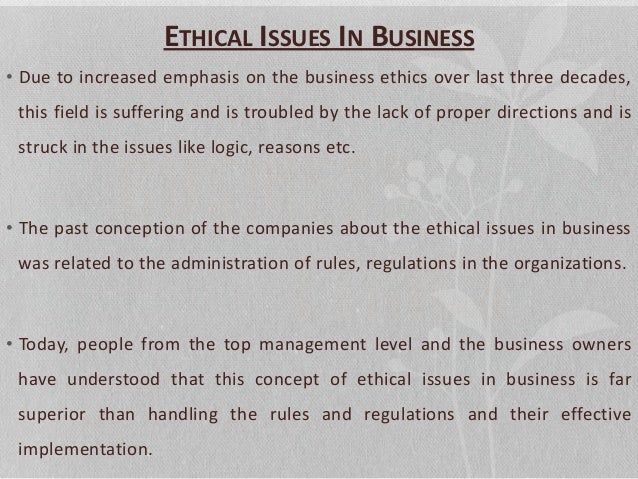
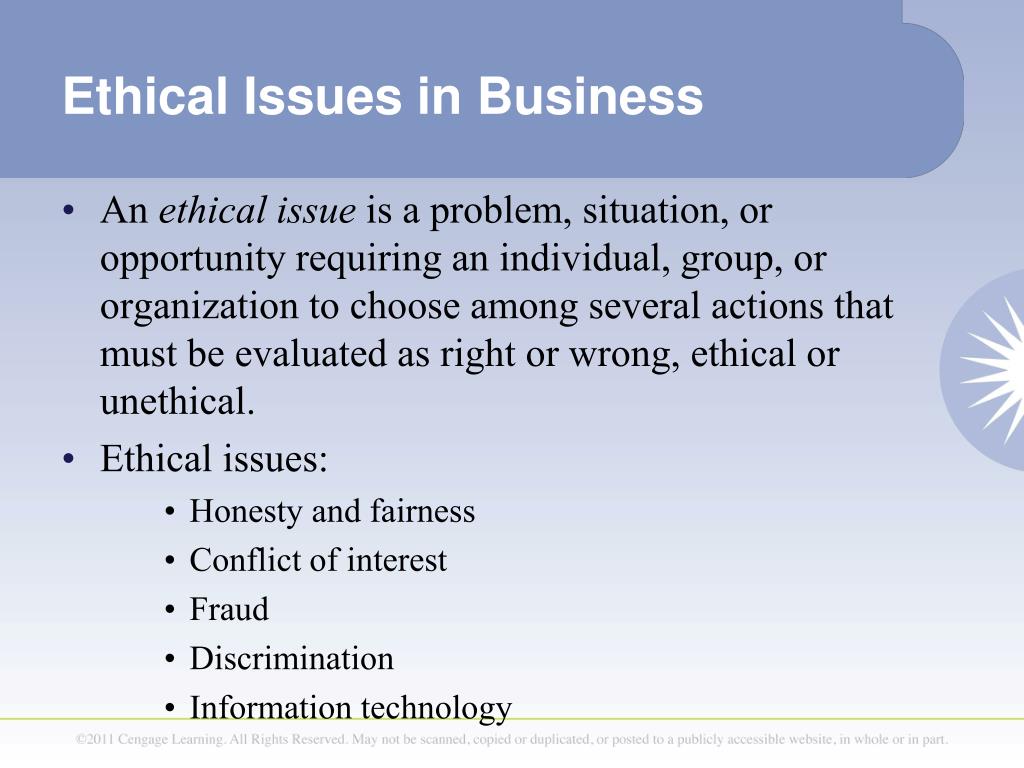
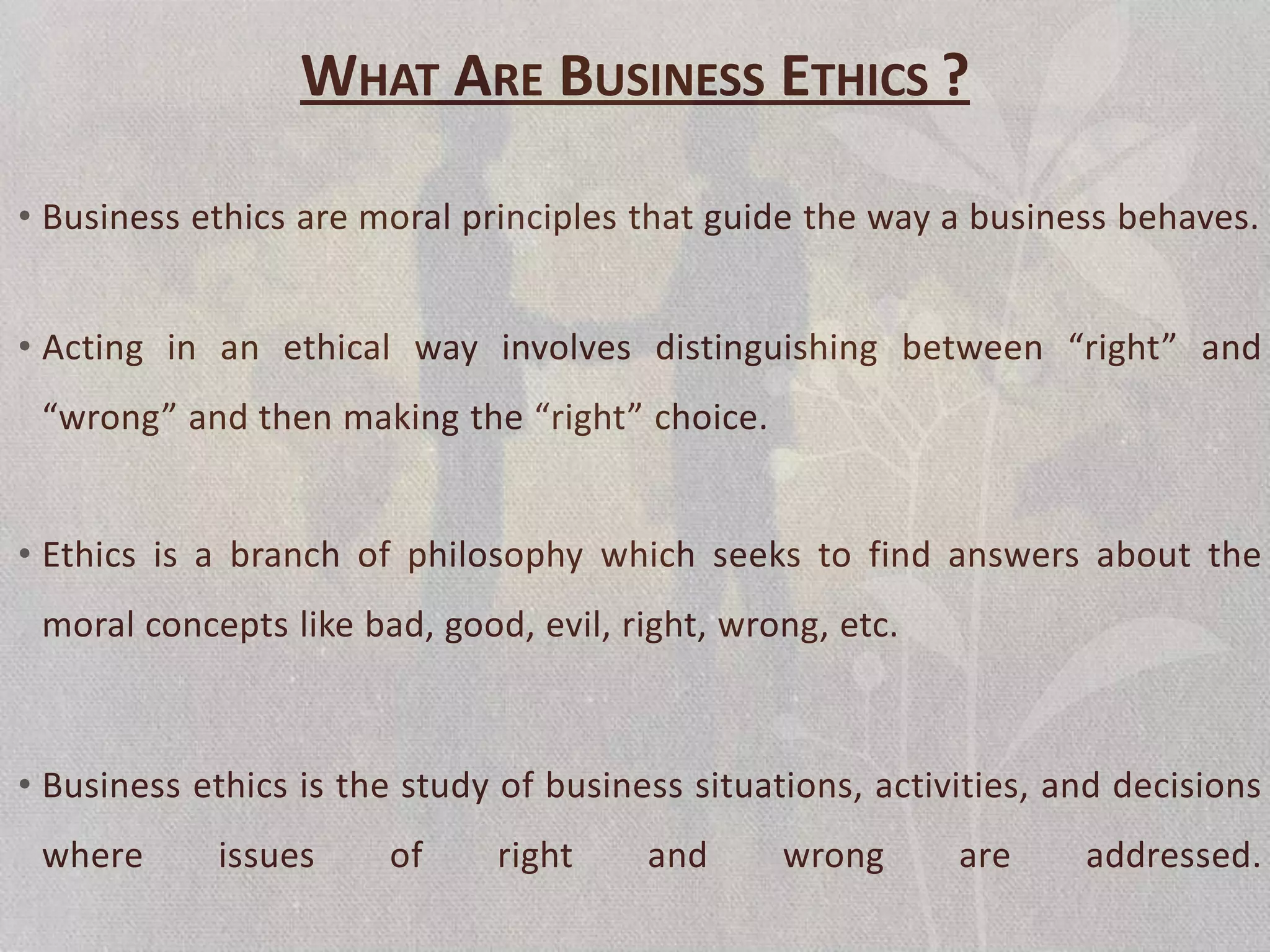
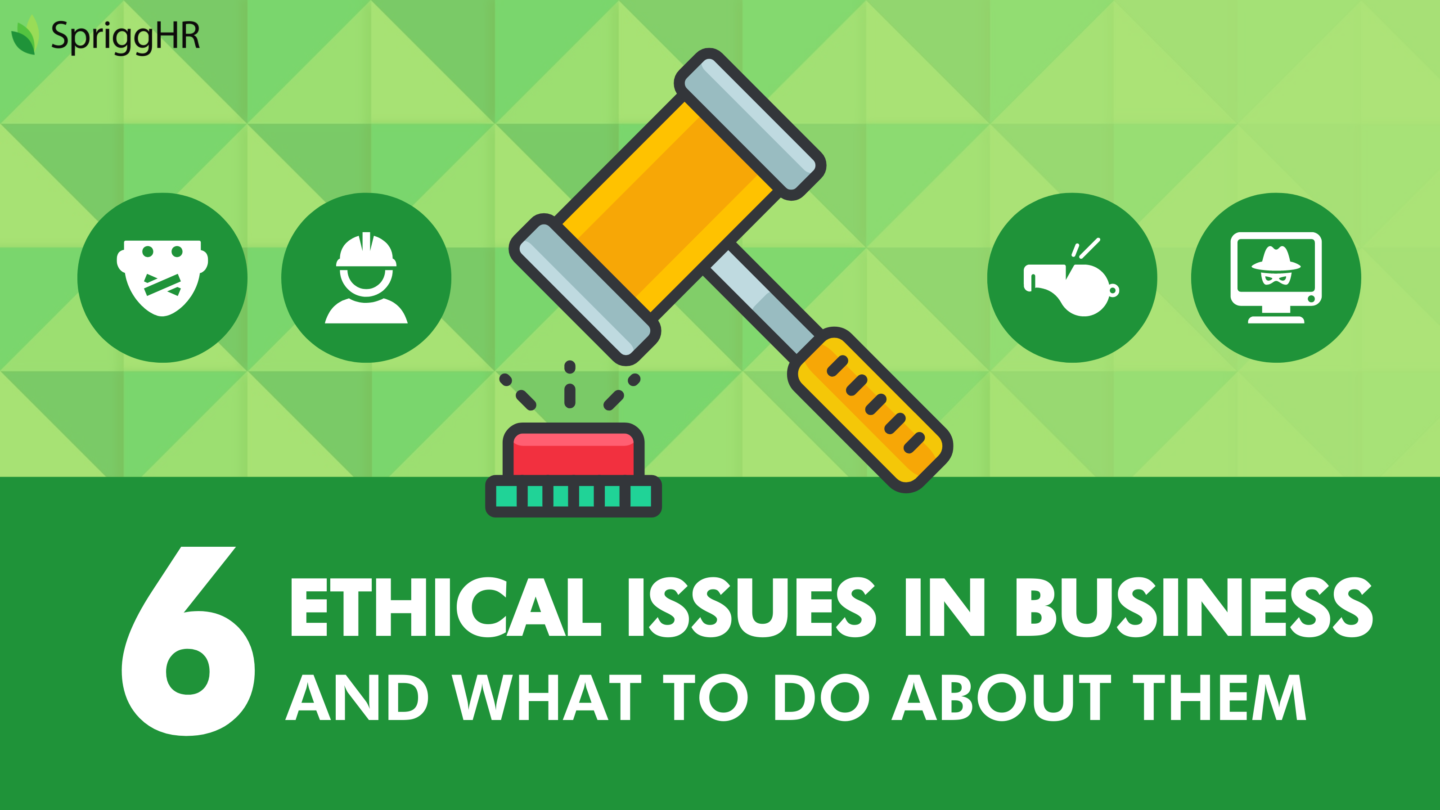

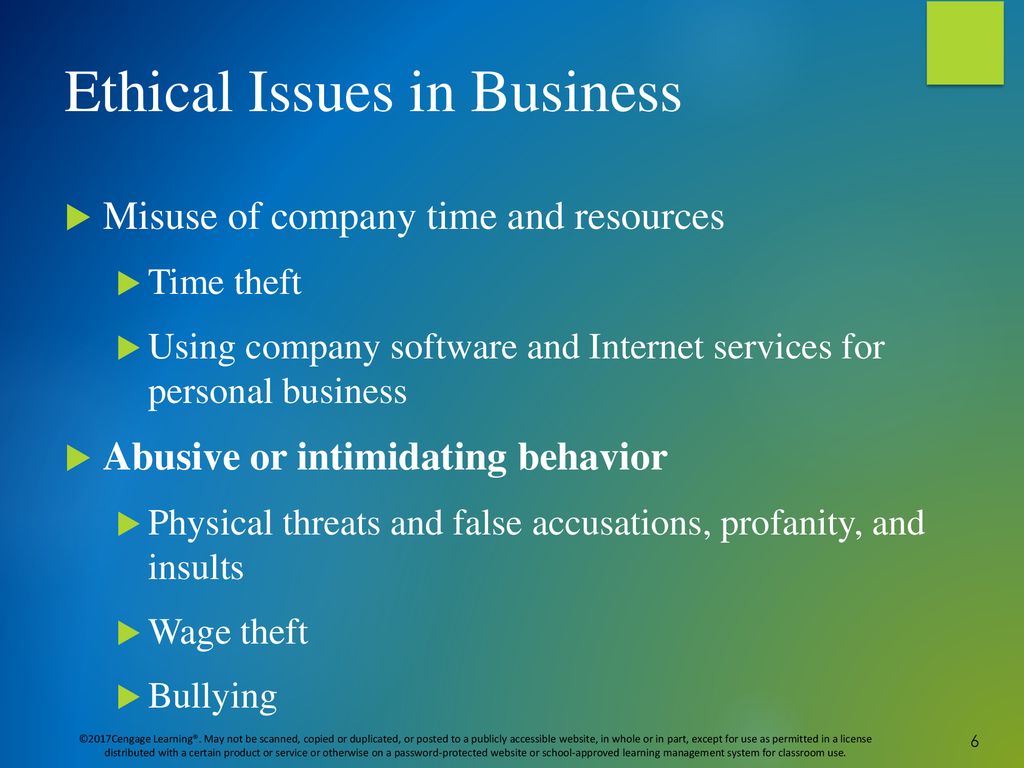
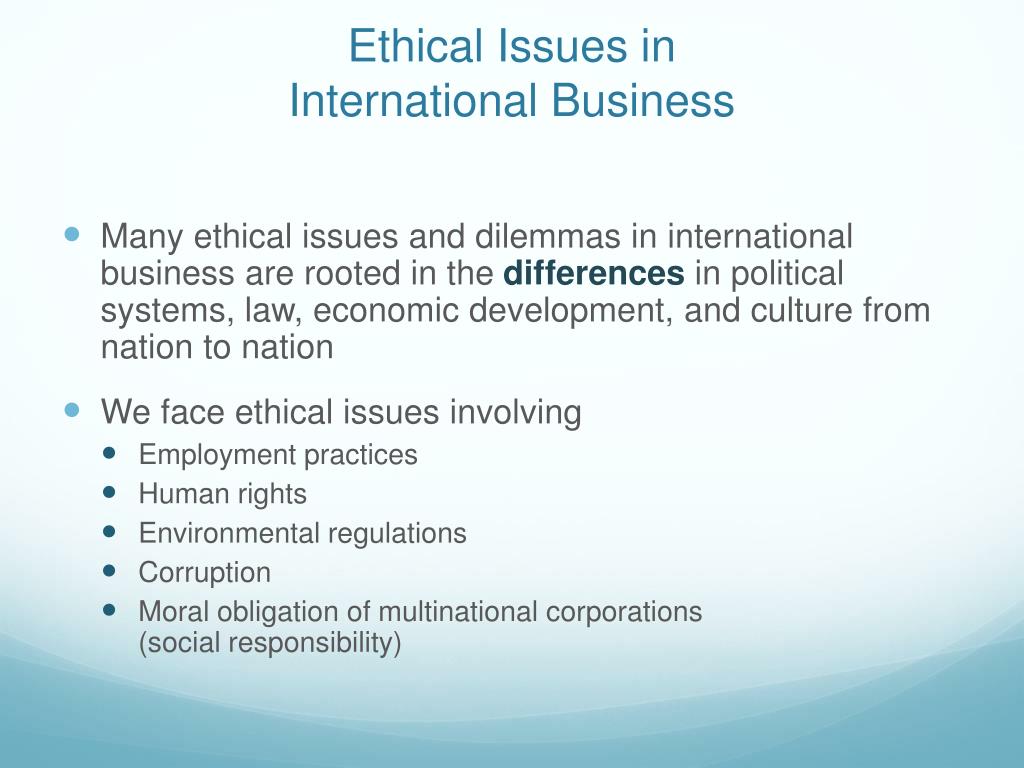



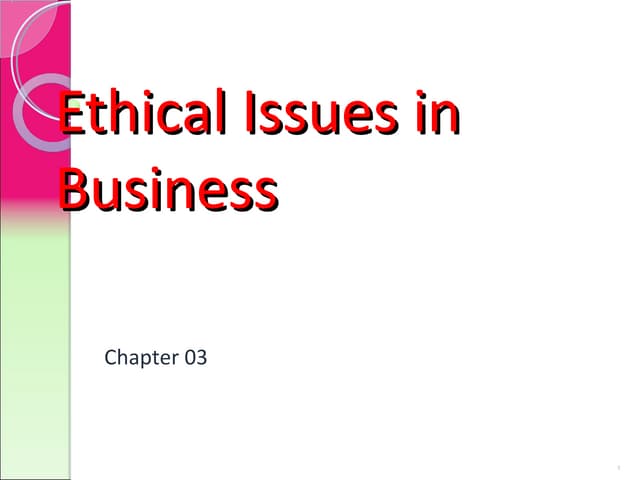
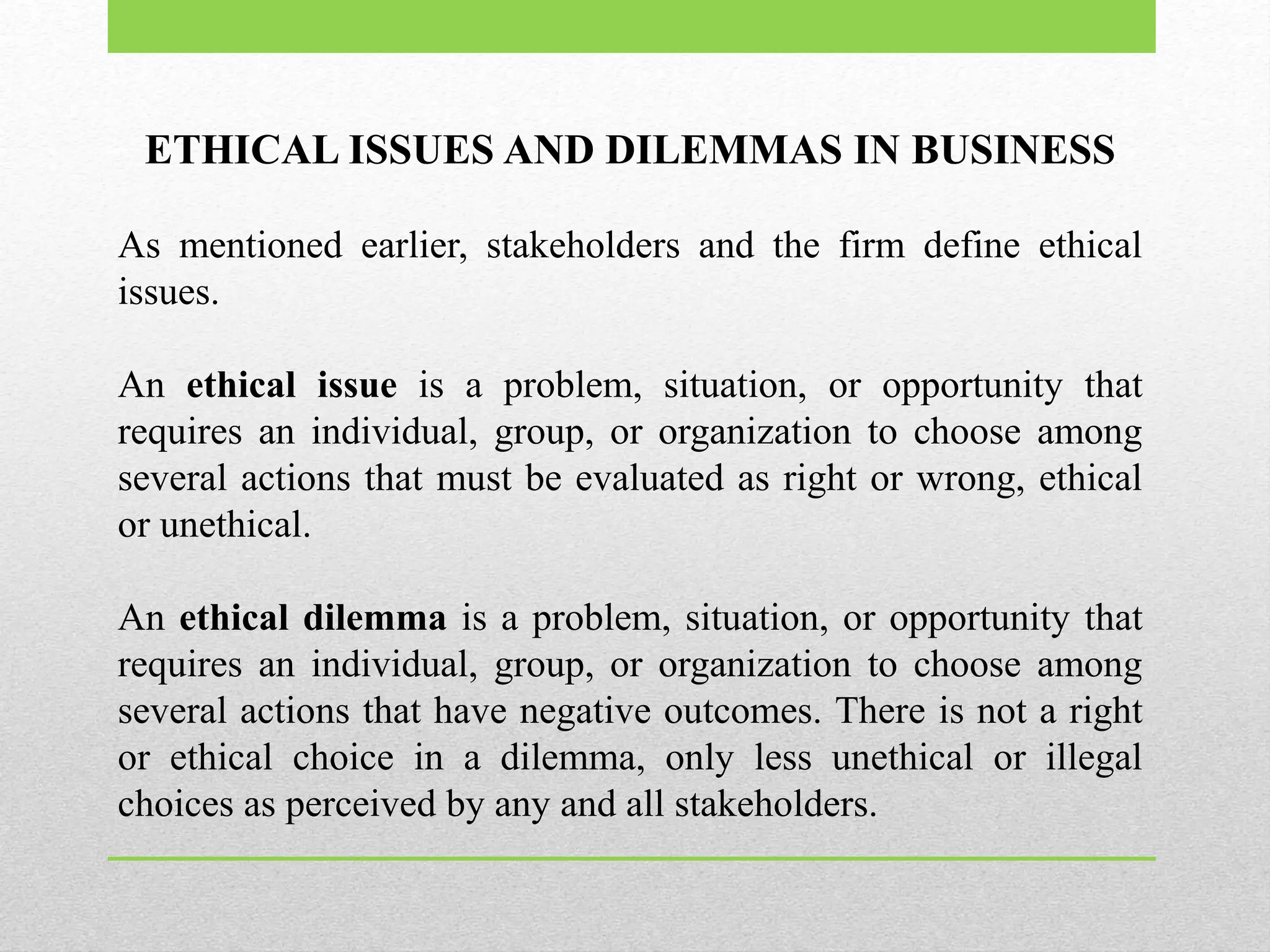
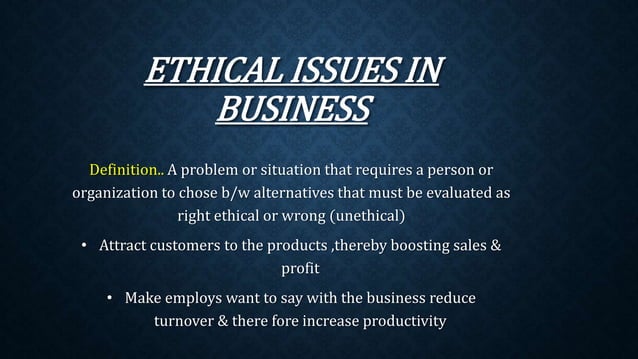

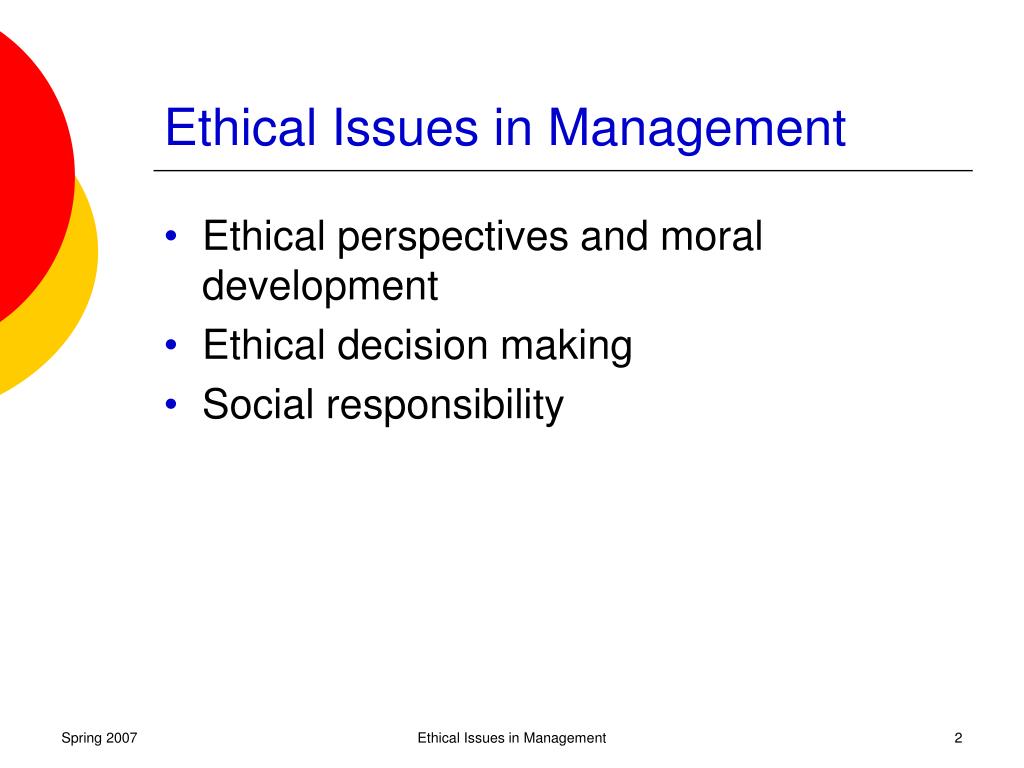
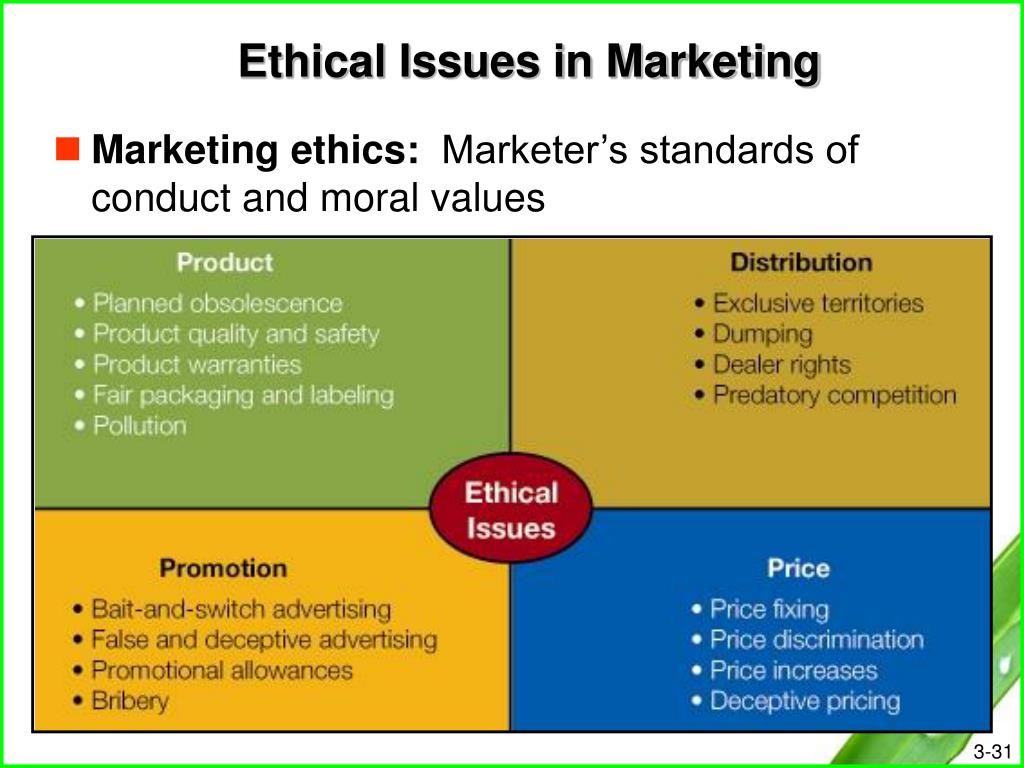

.jpg)
